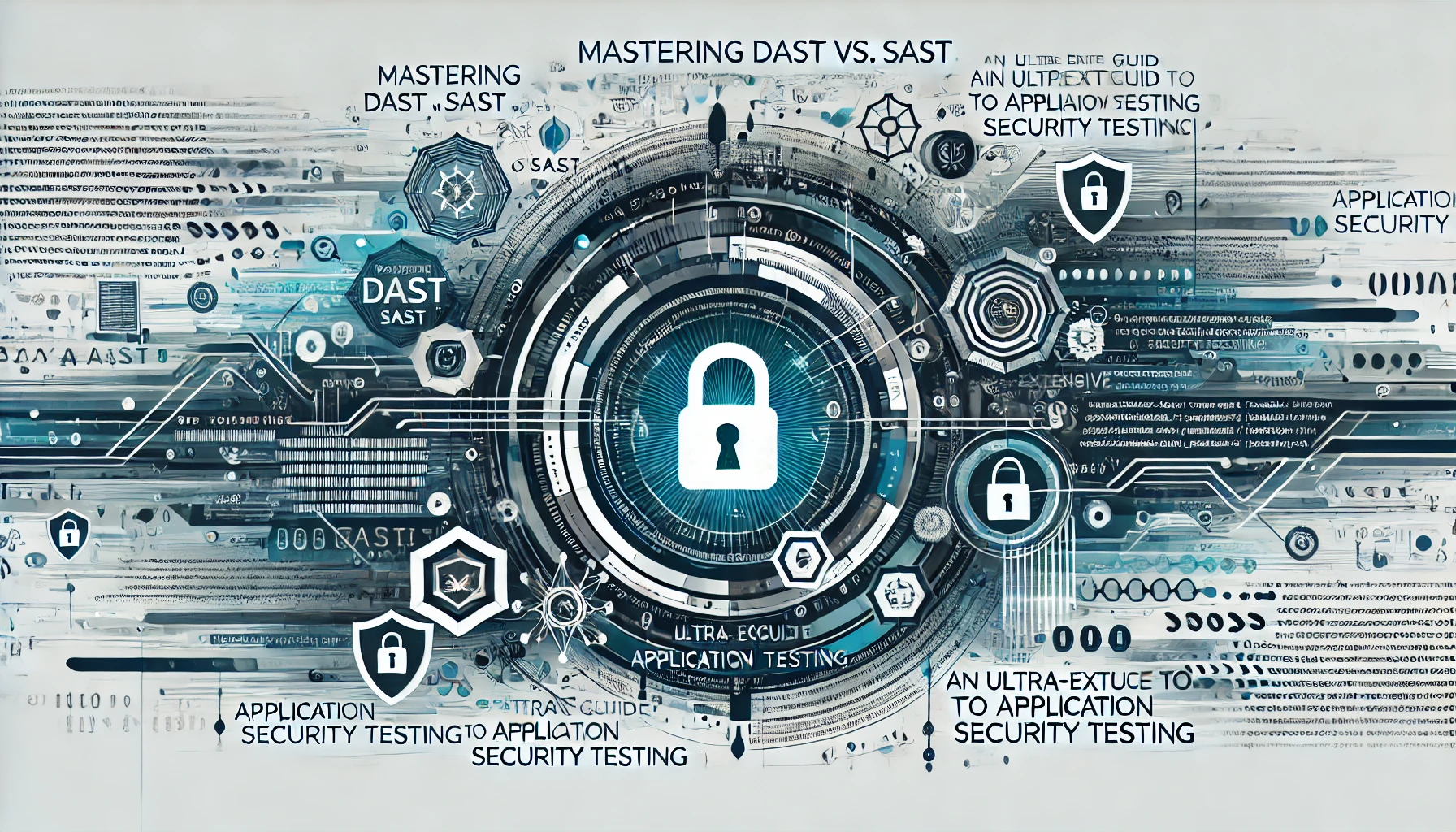The Importance of Endpoint Security in Today’s Cyber Landscape
In an era where cyber threats are omnipresent, endpoint security has emerged as a critical line of defense in the cybersecurity infrastructure. This post aims to shed light on the significance of endpoint security, its key components, and how it helps protect against cyber threats.
What is Endpoint Security?
Endpoint security refers to the approach of protecting a business network when accessed via remote devices like smartphones, laptops, and other wireless devices. It involves securing endpoints or entry points of end-user devices from being exploited by malicious actors.
Why is Endpoint Security Important?
With the increasing trend of remote working and Bring Your Own Device (BYOD) policies, the number of endpoints connecting to a network has dramatically increased, expanding the attack surface for cybercriminals. Endpoint security helps in mitigating this risk by providing a centralized security solution.
Components of Endpoint Security
Modern endpoint security solutions consist of several components, including:
- Antivirus and anti-malware software
- Firewall
- Host Intrusion Prevention Systems (HIPS)
- Data Loss Prevention (DLP)
- Endpoint Detection and Response (EDR)
- Privileged Access Management (PAM)
Conclusion
In conclusion, endpoint security plays a vital role in an organization’s overall cybersecurity strategy by providing protection at device level. It effectively reduces the attack surface, thereby minimizing the risk of potential cyber threats.
Remember, in the world of cybersecurity, an organization is only as strong as its weakest link. Ensure your defenses are robust and up-to-date, starting with securing your endpoints.







